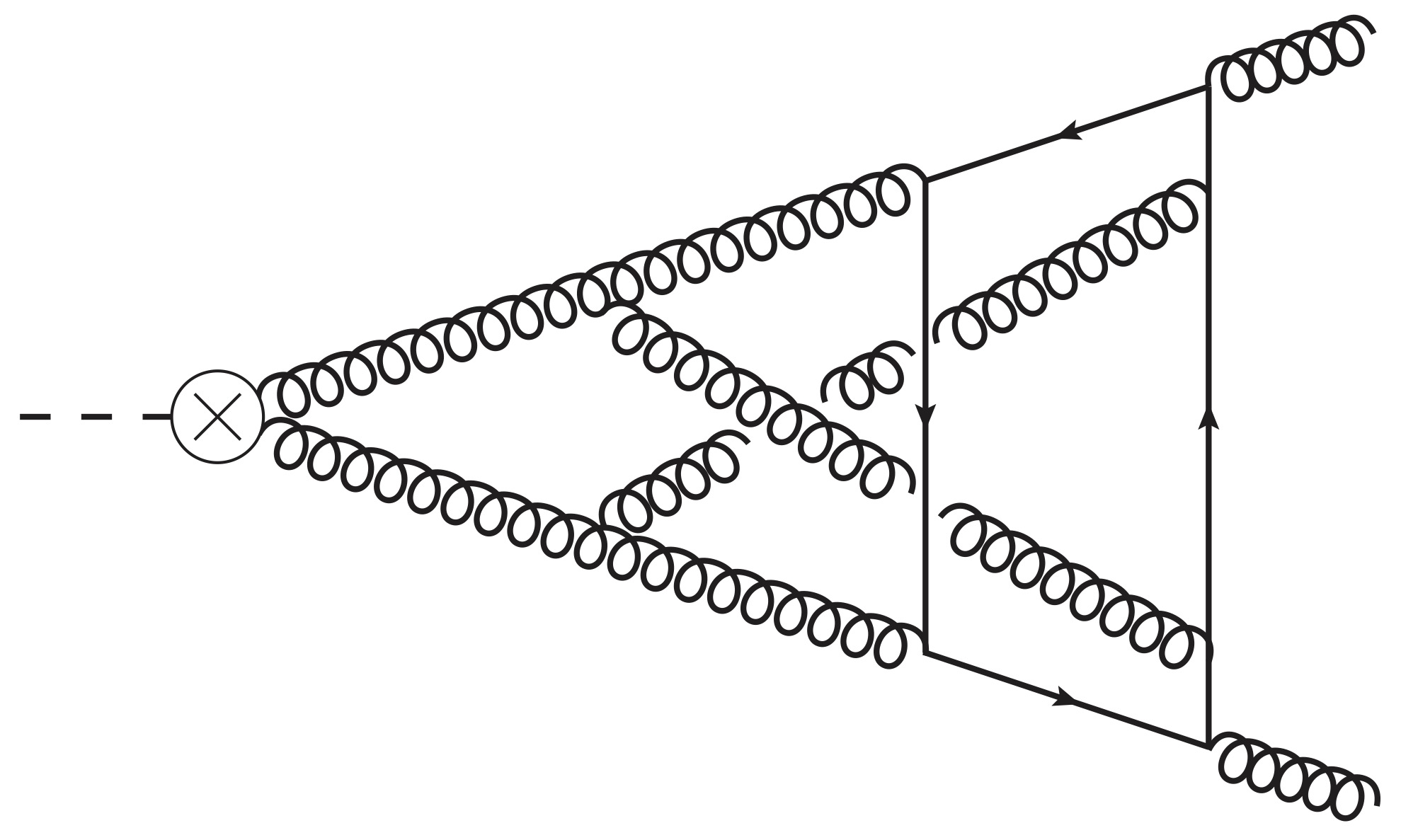Research
High energy physics aims at a description of matter and forces at a fundamental level. In the year 2012, the CERN Large Hadron Collider discovered the Higgs boson, which firmly established the Standard Model of particle physics as a quantum theory of the electro-weak and strong interactions of the constituents of matter. Despite its great quantitative success, this theory is incomplete since it does not describe gravitational interactions, dark matter and the matter-antimatter asymmetry in the Universe. Current and future collider experiments search for effects from "new physics" beyond the Standard Model, where precision measurements play an increasingly important role due to the non-observation of large discrepancies from the theory prediction.
My research aims at enabling very precise theory predictions for collider observables, which are crucial to identify possible signals of new physics and to precisely determine the parameters of the Standard Model. The central focus of my work is on the core computational challenges in providing these predictions. I develop mathematical methods and computational tools for perturbative calculations in quantum field theory to push the frontier in phenomenological predictions and to help improve our structural understanding of multi-loop scattering amplitudes.
Please see my publications at inspirehep.net or talk to me to find out more.
